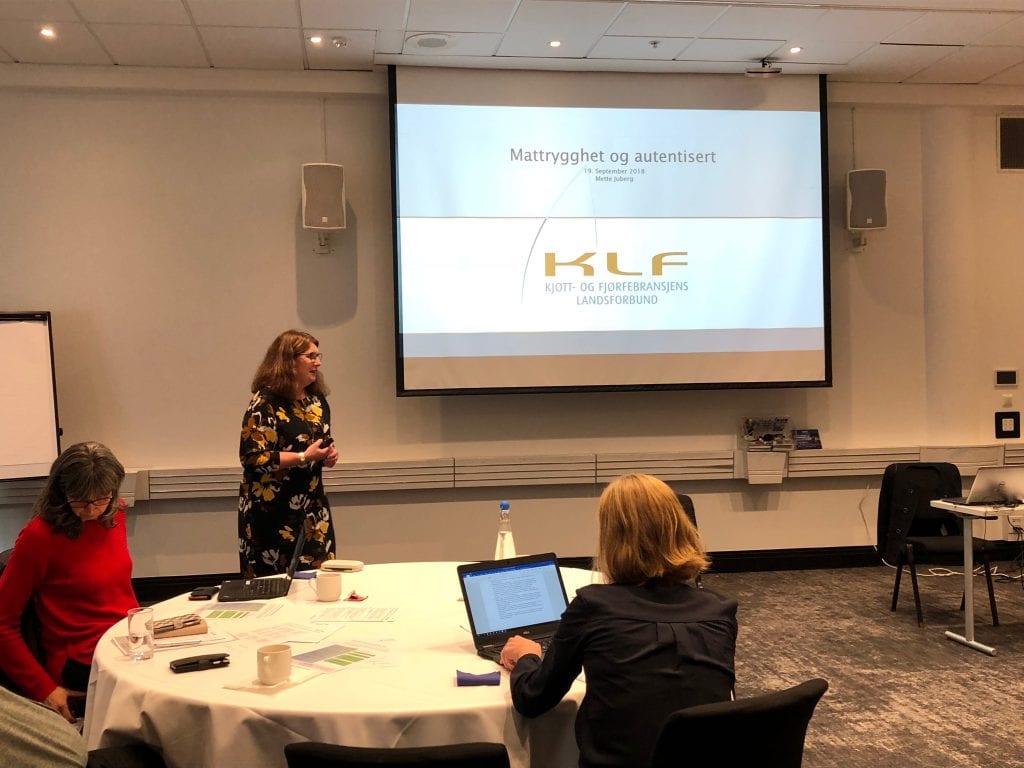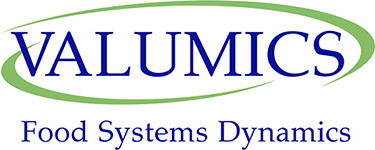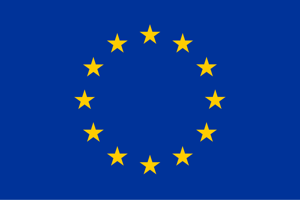
With the aim to develop a national network of stakeholders in the EU Horizon 2020 project VALUMICS partner, SINTEF arranged a workshop on ‘Sustainable and optimal food value chains in Norway on 19 September 2018 at Radisson Blu, Oslo, Gardermoen. The participants at the workshop were both from the seafood and agriculture sector and represented private organisations, research institutes as well as branch organisations. During the seminar, researchers and the food industry presented their perspective on Sustainability, Resilience and Integrity in food value chains. The participants also engaged in a discussion on the definition of these 3 focus areas and how to measure these parameters. Some preliminary results from the EU project were also shared during the workshop in order to facilitate knowledge transfer.

The discussion rounds during the workshop were aimed to define some indicators that can be used to measure the performance of Norwegian food value chains with respect to sustainability, integrity and resilience. The output of the discussion gave a better understanding of the food industry’s measures to improve the current state of food value chains and tackle the challenges connected to these 3 areas.

According to the discussion at the workshop, it can be concluded that sustainability increases competitiveness between industry players and it is used a marketing tool. However, the concept sustainability is interpreted in very different ways by the industry and the consumers. Sustainability performance is often measured based on environmental indicators, while social indicators are generally not considered. Sustainability indicators should include performance in countries where products or raw materials are imported from, thus the criteria should be adapted to local conditions. There was also a strong agreement that there is a lack of standards and guidelines to conduct a holistic sustainability assessment and interpret the results.

Food integrity and food fraud is a growing concern in Norway. Products like meat, oils, herbs and honey are some of the most vulnerable products. Price is the major driver to commit food crime. Risk assessment or vulnerability assessment is used by companies as a tool to identify the weakest link in the supply chain. However, the quality of assessments can vary significantly. It is important to consider a broad spectrum for conducting risk assessment of food production systems and pay attention to interaction with other supply chains with respect to shared resources, sources of raw materials geographical area. For e.g. agriculture where meat production and crops production are in the same geographical area, an animal disease outbreak can contaminate fresh sources that enter crop production. There was agreement on the need for better surveillance of food fraud in Norway.

Resilience in food value chains can be assessed by its ability to either bounce back to its normal state of functioning or its ability to completely change the course of action in response to external disturbances. IT security was identified as an external threat for food value chains that are automated, and digitalization of production systems can pose new challenges in the future. Sustainability and resilience are also connected to some degree. In example, the self-sufficiency rate for meat in Norway is quite high and hence is a resilient system. As meat has a higher environmental footprint compared to vegetables and more and more consumers are moving towards a vegetarian diet. However, this trend will increase the import of vegetables to Norway and the self-sufficiently rate will be very low making it more vulnerable to external disturbances.

This workshop served as a platform for the blue and green sector in the food industry to discuss the common challenges. The participants of the workshop will be further connected to the work in the research project through stakeholder workshops in the EU, opinion surveys and consultation meetings.

